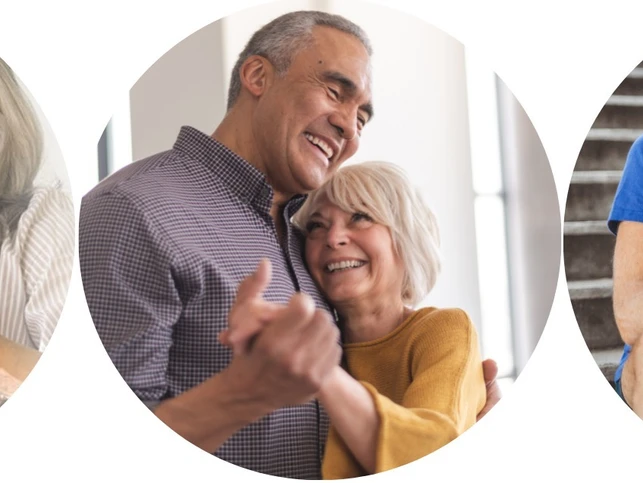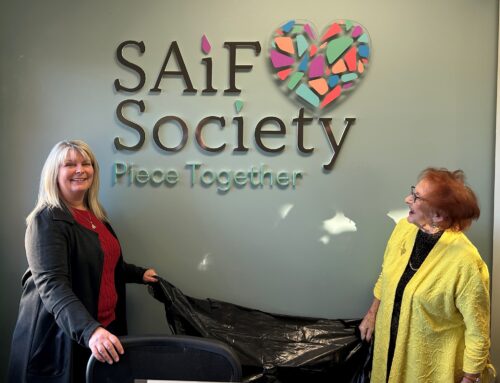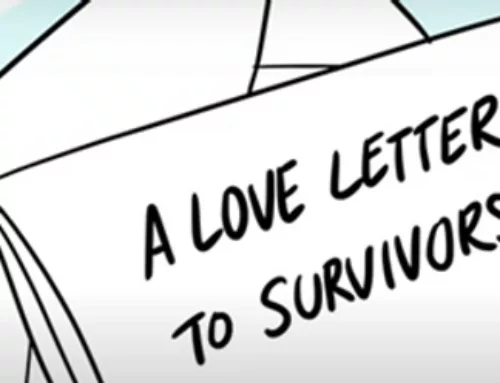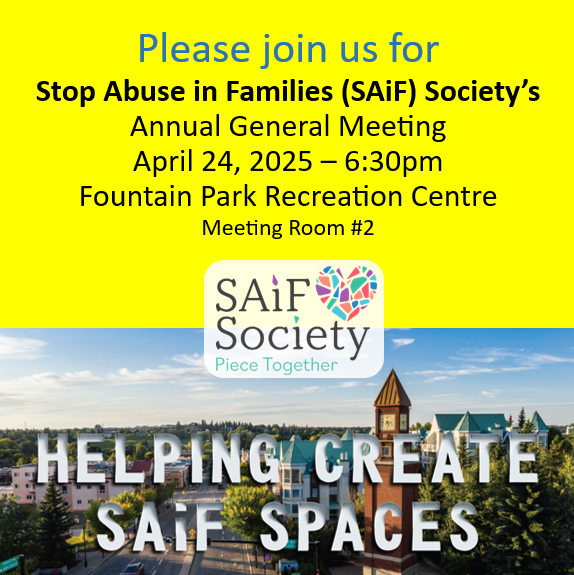
On Oct 4th, we did a presentation at St Albert Library on a topic that we’ve been asked about quite a lot. We believe everyone has the right to have healthy relationships no matter what your age. But safety information for sex & dating for older adults can be a little harder to come by. So we summarized some safety tips & strategies for those wanting to maintain healthy sex lives and potentially try their hand at online dating.
While our bodies may change, our need for touch, affection and intimacy likely won’t because we’re human. As we get older, we adapt and change what sex may look like for us – whether that’s positions we use, adding bolsters and pillows for comfort, using sexual aids like toys – it doesn’t mean we don’t have it, want it, or like it. And often, as we grow older, we know our bodies better, have a better idea of what works for us and what doesn’t, and what we’re comfortable with, which can all result in more satisfying experiences with communicative, attentive, and supportive partners.

We always start with consent. Only ‘yes’ means ‘yes’. And having conversations about sexual needs and wants is important in a healthy physical relationship not just for consent but also about sexual health.

Older adults are one of the fasting growing populations for STIs* (sexually transmitted infections) because we so many of us think that because we don’t have to worry about contraception, we don’t need to worry about safer sex practices. But that’s not the case!
If you’re having sex, you absolutely do need to ensure you’re using protection (like condoms & dental dams), getting tested, and talking to your doctor openly and honestly about your sexual health. Healthy relationships are based on respect & open communication.

It’s important to remember that sex can be wonderful at any age & sexual desire isn’t lost just because we’ve gotten older. Sex may look different in our 50’s or 80’s than it looked like in our 20’s but that doesn’t mean that we stop engaging in healthy sexuality.

It can be intimidating & a little scary to enter the dating world again. It can also be exciting, too. There are lots of options in the online dating world, with a big learning curve to match. Many people will be totally gung ho and others will be terrified. Is online dating safe or dangerous? As with anything, we can mitigate, avoid, or accept the risks when we know they exist. It can be made safer, then if we flung ourselves headlong into an adventure without some preparation.

We discussed what to expect with online dating and covered some key considerations, such as the importance of using a reputable/secure site, protecting our anonymity, developing a profile, coming up with photos, online etiquette and the importance of setting and holding your boundaries. We also talked about the importance of manners online – if you wouldn’t say it to someone in person, don’t say it online. Being kind, dealing with rejection with grace, and not getting emotionally invested with people you haven’t met in person, is important, too. And if someone is harassing you online, use the block button. It’s what it’s there for! We also did up a handy supplemental guide to help you recognize some common romance scams and ideas for your profile and photos while keeping safety and security in mind.
Once you connect with people online, what about first dates and safety around planning to meet? There’s lots to consider for any gender and dating safety is for everyone to consider and plan for.

- Always set up a 1st meeting in a public place
- Let others know where you’ll be & what time you’re expected back, set up a safe call
- Manners count, don’t be creepy or rude
- Avoid alcohol & get a new drink if you’ve left the table for any reason
- Avoid oversharing
- Have a way of getting home that’s not dependent on your date
Mostly importantly, always trust your gut. If you’re not feeling comfortable, leave or ask for help from those around you.
There’s also the importance of not letting loneliness result in settling for people who are unhealthy for you or less than you deserve. Know your worth! Be patient with yourself and with the process. Cultivate good things in your life with and without dating. And don’t get carried away with the butterflies. Feeling new relationship energy (that intoxicating feeling of meeting someone new that you like a lot) is wonderful. Just don’t make any major life decisions while in the throes of that heady feeling. Don’t change your will, or decide to move in together or leave good sense at the door. Enjoy the rush and the feelings but realize you still have a lot to learn about the other person and they have a lot to learn about you.

Almost a 1/3 of those 50+ reported using online dating back in 2019. And since the pandemic, those numbers have increased. If you’re considering online dating, you’re not alone. It is a great way to meet people – whether for romance, or companionship or friendship. Just be aware of the risks, be prepared, plan for safety, and remember patience is a virtue. Meeting interesting people you connect with can take time and is not always easy. Having a little circle of support so you can talk about your online dating adventures – the challenges, the struggles and the joys, can be very helpful to your mental well being. So please don’t be ashamed or feel like you have to hide that you’re online dating. Many people do it every day!
We all deserve the opportunity to engage in healthy relationships at any age. And online dating can be a way to find a great friend, companion, or partner. With the right preparation and being informed, you don’t have to be afraid and can embark on this adventure with excitement about the possibilities.

There are other great resources online for older adults. We liked these 3 for their blogs and information (available for free) but you may find others, too. Some of these give some great examples of profiles to help you write your own, too. Don’t be afraid to do a bit of googling!
__________________________________________________________
* Sexually transmitted infections (STI) among older adults have dramatically increased in recent years, especially among those who are widowed and divorced. https://www.ncbi.nlm.nih.gov/pmc/articles/PMC7177870/



